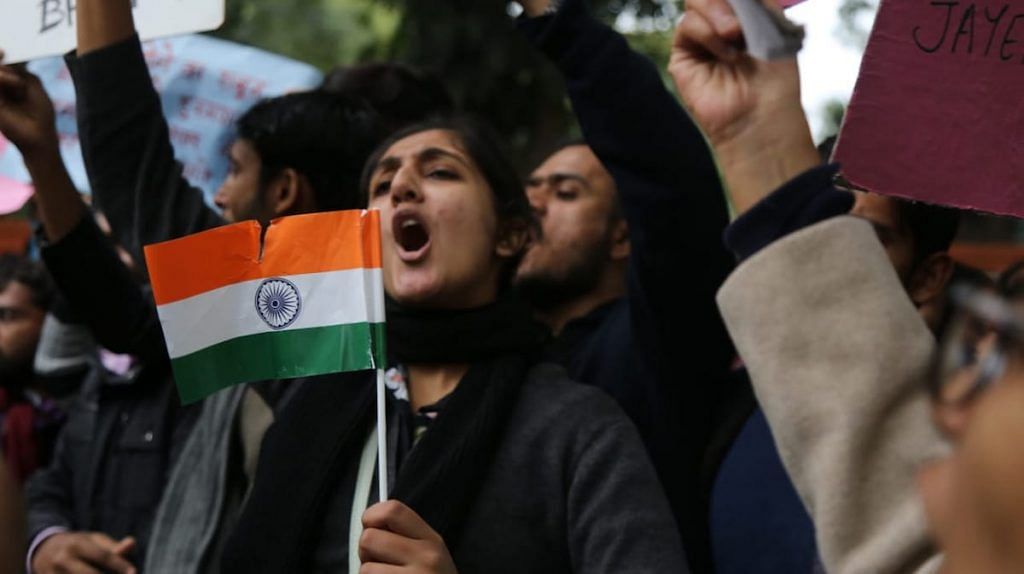New Delhi: India dropped ten places to rank 51 out of 167 in the recently released 2019 Democracy Index, formulated and compiled by the research firm Economist Intelligence Unit (EIU). The country ranked 41 in 2018.
India’s overall democracy score also fell from 7.23, out of a possible 10, in 2018 to 6.90 in 2019. “The primary cause of the democratic regression was an erosion of civil liberties in the country,” the EIU report said.
The Democracy Index is an annual comprehensive list that compares the political systems of 165 countries and two territories. The democracy score is based on five parameters: electoral process and pluralism, functioning of government, political participation, political culture and civil liberties.
The report noted the revocation of Article 370 in August last year, which stripped Jammu and Kashmir of its special status. Ahead of the move, it said, the government “deployed a large number of troops in J&K, imposed various other security measures and placed local leaders under house arrest, including those with pro-India credentials”.
“The government also restricted internet access in the state,” the report said.
The EIU also mentioned India’s newly amended citizenship law and said it “has enraged the Muslim population, stoked communal tensions and generated large protests in major cities”.
In this index, India scored the highest in the ‘electoral process and pluralism’ category with 8.67 points. However, it scored below 7 in the other four categories — ‘functioning of
government’, ‘political participation’, ‘political culture’ and ‘civil liberties’. Countries such as the US, the United Kingdom, Malaysia, Taiwan, Chile, South Africa, Israel and Botswana ranked higher than India on the index. Indonesia, Hong Kong, Pakistan and Russia were behind India.
Also read: Economy, diplomacy, democracy — Why 2020 is harder to predict than 2019
Fall in average global democracy score
The average global score for democracy also slipped to 5.44, from 5.48 in 2018, which is the worst global score since the index was first published in 2006. The EIU termed 2019 as “the year of democratic setbacks and global protest”.
The research firm noted decline in civil liberties, including press freedom and freedom of speech, across the world and blamed it for the global democratic regression. It also blamed the regression on the growing influence of unelected and unaccountable institutions, widening gap between political parties and the national electorate and important decisions being decided by ‘experts’ behind closed doors instead of the political arena.
Norway topped the index with an overall score of 9.87, while North Korea was at the bottom with a score of 1.08.
Also read: Indian democracy’s big contradiction – Dalits cherish Constitution, privileged want a rethink
